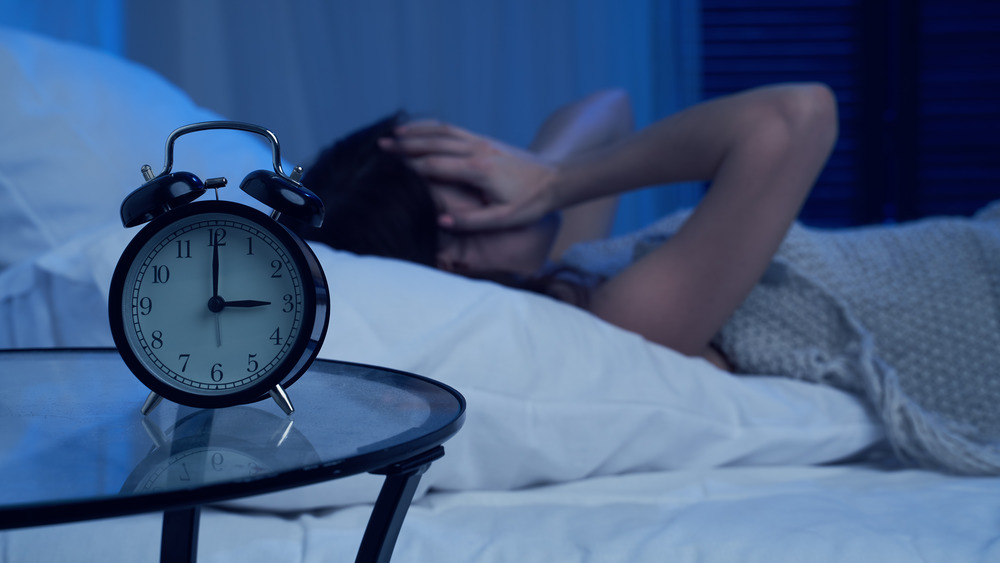Why Knowing Your Sleep Chronotype Is So Important
If you weren't already made aware of this fact, getting the proper amount of sleep is incredibly important. Sleeping seven or eight hours per night can contribute to enhanced mental health, physical health, and overall quality of life (per the National Heart, Lung, and Blood Institute). While health officials are typically quick to discount abnormal sleeping habits (hello, night owls!), it turns out that, as long as you're aware of these different sleeping patterns, often called chronotypes, and how to work with them, a good night's sleep might be yours for the taking.
Have you found that waking up early to work a nine-to-five job is especially tough for you when compared to your peers? You might be able to blame your sleep chronotype for the grogginess that you feel in the early morning hours. Similar to your circadian rhythm, your sleep chronotype essentially controls your body's desire to sleep or stay awake during certain periods of the day. Unlike your circadian rhythm, though, the chronotype is not influenced by environmental cues like daylight and temperature. It is a more permanent part of your being, meaning that it is harder to manipulate or change (per the Sleep Foundation).
Each person can fall into one of four sleep chronotypes, named after animals: the lion, dolphin, bear, or wolf (via Mindbodygreen). Knowing your particular sleep chronotype can help you work with your body's natural rhythms to be more productive and experience more fulfilling sleep.
Each sleep chronotype presents different challenges and solutions
The most common sleep chronotype, accounting for approximately 55 percent of the population, is the bear. Typically, the people with this chronotype can be characterized as extroverted and happy-go-lucky with a continuous flow of mellow energy throughout the day. People with this chronotype can make the most of their body's natural rhythms by going to bed around 11 p.m., waking up at 7 a.m., and reserving work that requires the most focus for the hours between 10 a.m. and 2 p.m. (per Casper).
Next up, we have the night owl, or wolf chronotype, who tends to be incredibly creative and introspective. These people get most of their work done between the hours of 5 p.m. and midnight, before eventually hitting the hay in the early hours of the morning. Despite the naysayers who claim otherwise, these people are encouraged to get their work done when creativity strikes — even at 11 p.m. (per Parsley Health).
The lion chronotype represents those "morning people" (oh, how we despise them all...) who would rather rise early and go to bed early. Contrarily, those who fall under the dolphin sleep chronotype have a hard time getting up early in the morning and often experience insomnia or trouble falling asleep at night, due to anxious sleeping patterns (via Casper).
Instead of attempting to alter your sleep patterns to meet the norm, working with your body's natural rhythms has proven to be your best bet to receive the best shut-eye.

